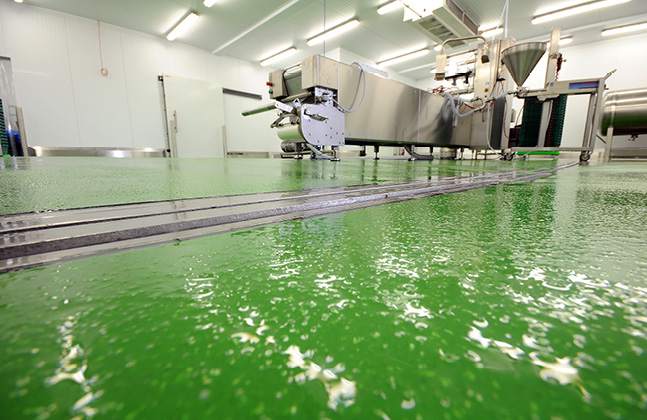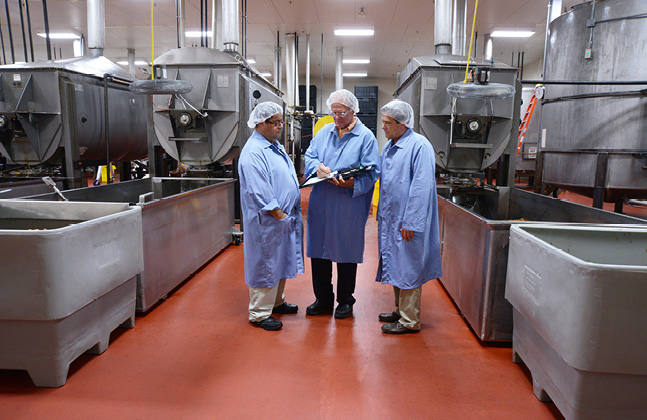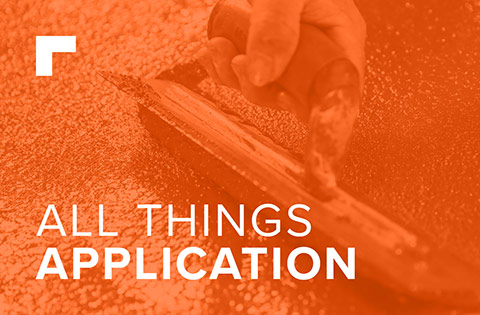magine a man coming into your restaurant with a checklist, he gallantly walks around making sure everything is up-to-date, safe and clean, as the manager you are wondering who does this guy think he is, as you wonder he slips and falls! Funny right? Not really.
We’ve all heard of the mighty Health Inspection. If you or someone you know has worked in the food industry, you know that every once in a while someone from the health inspection company comes to check on things. They generally come in to make sure that businesses are providing safe working environments for workers and healthy produce for clients.
The process can seem unnecessary, because some may argue that anyone can walk around and see if the machines are working, the floors are safe, and the produce is healthy, when on the contrary it is not a job for anyone to do, because it’s not always obvious that a contamination risk is present. That’s when you get unwanted bacteria entering the food chain and moving from your local factory, all the way to your plates.
Now what happens after that fall? It could be an indication of an inadequate floor coating – the surface may not provide enough traction underfoot for the service conditions, the finish may be eroding and creating a trip hazard or fluids, spillages and contaminants may be pooling on the floor instead of draining away.
The inspector could say that you’re breaching regulations (don’t forget that a fall could lead to a lawsuit!), and you either shut your business down or fix the problem. If your choice is fixing, then a resin floor is your best friend. They are suitable for all types of industries (wet or dry); they seal, protect, strengthen and give you the option to upgrade your floors to your liking, all at a cost effective rate.
If you’d like to find out more about the importance of resin flooring within food and beverage facilities, click here to download our whitepaper on the topic.






